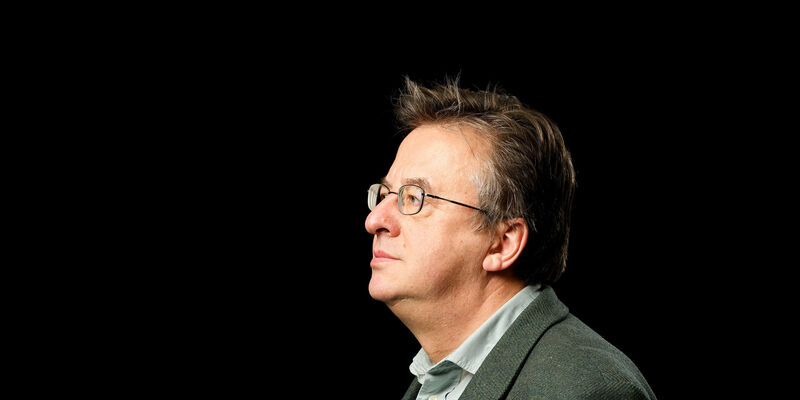Dutch, Hindi, Marathi or English
Many countries in the world have two or more languages that are spoken in parallel. India probably has the most spoken languages within its territory. Closer to us in Belgium, you find three official languages. And the Netherlands has two: Dutch and Frisian.
But let's go bak to India. In the western part in Mumbai and Pune (which I visited in February) you hear Hindi (the national language of India even though it’s not spoken much in the south) and the local Marathi, and of course English too. But the languages are clearly used differently. You predominantly hear and read Hindi and Marathi on the streets (same alphabet), vendors or drivers of the famous rickshaws or city taxis don’t speak much English, just some basic expressions for the tourists.
English is for the more educated and for official signs and postings. This shows in transportation: if you hire an Uber or Ola taxi, which can be considered as a more modern and more comfortable means of transportation than the “auto” (they often have air-conditioning and wifi on board), the often younger drivers will speak better English. And of course, much education is given in English, next to Hindi.
Rural Brabant
While being there and enjoying this great language diversity, I realized that one can easily draw a parallel with Eindhoven. Indeed, here the official language is Dutch and it shows everywhere in oral and writing. So just like Hindi in the Indian state of Maharashtra is present everywhere too. Marathi as a local language would compare to the local dialect of Brabant, although you don’t hear it that much anymore in Eindhoven; you have to go to rural areas of the province for that (or celebrate carnival).
And English? Here too it is used by the more educated and here too it has no root in the local culture (although English is more deeply rooted in Indian cultures now). If you now narrow the spectrum and focus on the TU/e, Dutch is now predominant and English is the second language. In years to come, stimulated by the new language policy, English may become the superstratum (dominating language) over Dutch as new substratum (receding language).
Less diversity, but more inclusion. But maybe it will not be real English, being more Dunglish or even Globish - the vernacular spoken across higher education pockets across the globe. Sound like too much for you? Move to India, the land of (language) diversity, or more simply, take the Limbopad to go back to… the real world!

Discussion